
Web Developers
On November 8, P&G hosted its Investor Day in Cincinnati, Ohio. At the event, the company provided an update on its business results and shared its strategies for driving value creation.
Among the senior managers who presented were David Taylor, President and CEO; Jon Moeller, CFO; Kathleen Fish, Chief Research Development and Innovation Officer; Javier Polit, CIO; Marc Pritchard, Chief Brand Officer; Shailesh Jejurikar, President of Global Fabric and Fabric and Home Care; Jennifer Davis, President of Global Feminine Care; and Alex Keith, President of Global Hair Care and Beauty Sector.
Moeller also said that consumer preferences are changing, which has led to disruptive new segments and forms that are growing quickly.He explained that although top brands in most categories are maintaining share, small emerging brands have entered the market, which heightens the need for unique, differentiated offerings and better supply chain execution. Consumers of all ages have evolving needs and desires, Moeller said, noting that they are often willing to pay a premium to provide products to their families that offer natural benefits and sustainable performance.
To avoid falling victim to such disruptive changes in the consumer environment, P&G has adopted strategies to cater to consumers’ evolving needs, provide differentiated offerings and reduce cost to improve supply chain operations, Moeller said.
President of Global Feminine Care Jennifer Davis stated that, in the Feminine Care sector, Always Discreet offers strong protection and good odor control in a thinner and more discreet design, and that it made women feel good when buying the product. In terms of retail execution, Davis noted that products are put on shelves to allow shoppers to touch and feel them.
Alex Keith, President of Global Hair Care and Beauty Sector,mentioned that Olay Skin Care grew by double digits in P&G’s fiscal 2018 year and that the brand’s packaging has been upgraded to prestige-like quality and attractiveness, with simple and elegant cartons that easily grab consumers’ attention. Regarding retail execution, Keith said that Olay had closed unproductive counters in China and designed shelf architecture in the US to guide shoppers to the brand’s best-selling items and new launches.
Chief Brand Officer Marc Pritchard added that SK-II, which represents the prestige market for P&G, leveraged P&G’s packaging decoration technology, which led to eye-catching limited editions in key consumption periods such as Christmas, Chinese New Year and the cherry blossom season in Japan. In terms of retail execution, Pritchard said that each SK-II high-end retail beauty counter offers a beauty consultant who utilizes a state-of-the-art analysis tool to measure different aspects of shoppers’ skin.
Under the new organizational structure, the sector business unit CEOs will report directly to Taylor, as will branding functions and legal, HR and finance. Each sector CEO will have more focus on innovation, commercialization and value creation opportunities in P&G’s most important markets, which account for more than 80% of total value creation. Taylor explained that the organizational redesign will enable P&G to better deal with business challenges and leverage growth and value creation opportunities more quickly.
P&G Acknowledges Changing Consumer Landscape
CFO Jon Moeller noted that the market for consumer packaged goods has grown over the last 10 years along with populations and incomes. He said that while the global consumer packaged goods market is worth some $470 billion today, it is forecast to exceed $540 billion by 2022. Moeller added that the world population has grown from 6.1 billion to 7 billion over the past decade, and that it is expected to exceed 7.6 billion by 2028. He also noted that average global per-capita income grew from $5,100 in 2007 to $6,000 in 2018, an increase of about 18%, and that it is forecast to reach $7,400 by 2028. In addition, global GDP will increase from $65 trillion in 2018 to $85 trillion in 2028, Moeller said. He added that the number of middle and upper income households has increased by 65% and is forecast to increase by another 50% by 2028.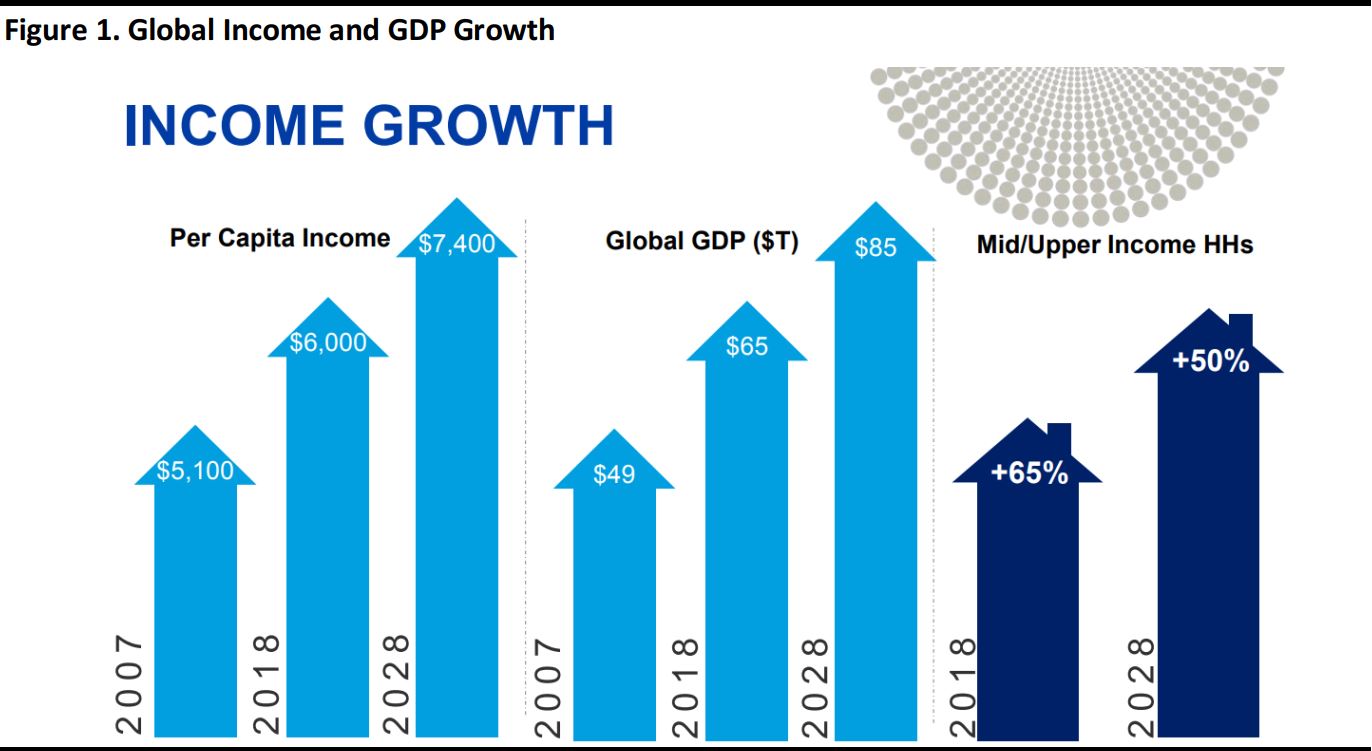 Source: P&G Investor Day 2018 presentation
Source: P&G Investor Day 2018 presentation
Moeller also said that consumer preferences are changing, which has led to disruptive new segments and forms that are growing quickly.He explained that although top brands in most categories are maintaining share, small emerging brands have entered the market, which heightens the need for unique, differentiated offerings and better supply chain execution. Consumers of all ages have evolving needs and desires, Moeller said, noting that they are often willing to pay a premium to provide products to their families that offer natural benefits and sustainable performance.
To avoid falling victim to such disruptive changes in the consumer environment, P&G has adopted strategies to cater to consumers’ evolving needs, provide differentiated offerings and reduce cost to improve supply chain operations, Moeller said.
P&G Reduces Costs to Strengthen Portfolio and Drive Productivity
Moeller also said that P&G has become simpler, more focused and more profitable. He noted that the company has employed a number of strategies to achieve this, including:- Reducing manufacturing sites by 20% and manufacturing platforms by 50%.
- Reducing job roles by 23%. Along with cost reductions, this has resulted in a 50% increase in core profit per employee.
- Reducing the number of office buildings and research and development centers by 65% and 30%, respectively.
- Reducing the company’s number of legal entities by 60%.
- Planning to simplify and strengthen the company’s 10 remaining categories, which will lead to fewer SKUs, more cost-efficient manufacturing platforms and fewer packaging formats.
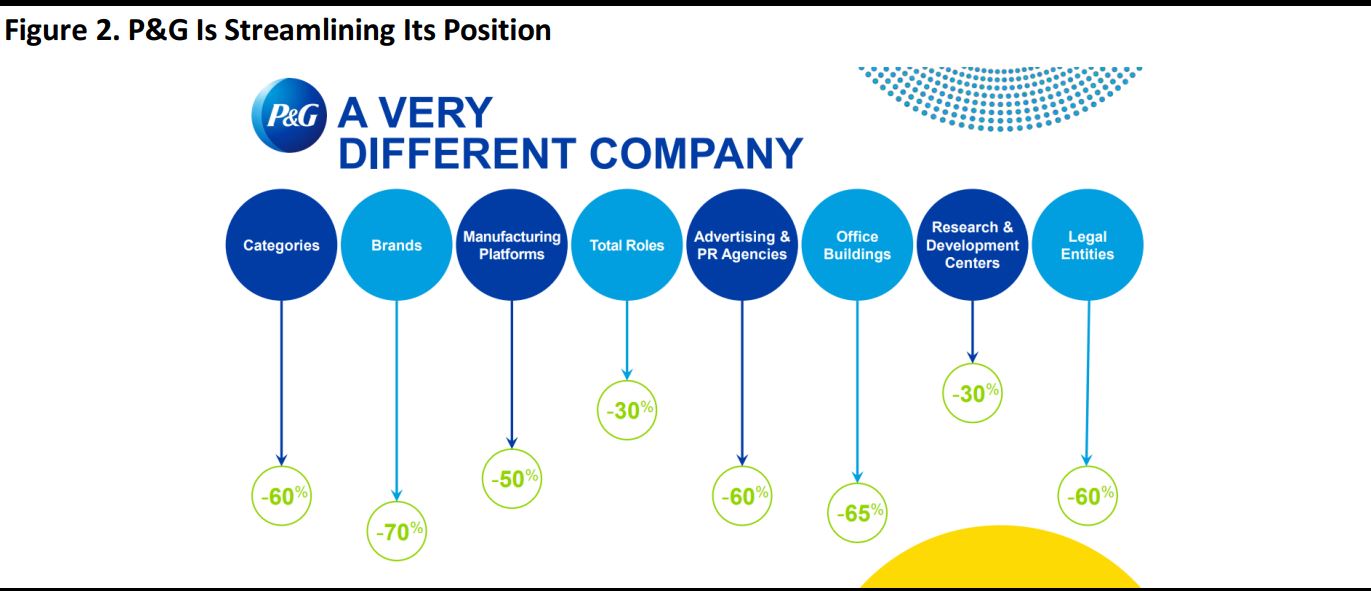 Source: P&G Investor Day 2018 presentation
Source: P&G Investor Day 2018 presentation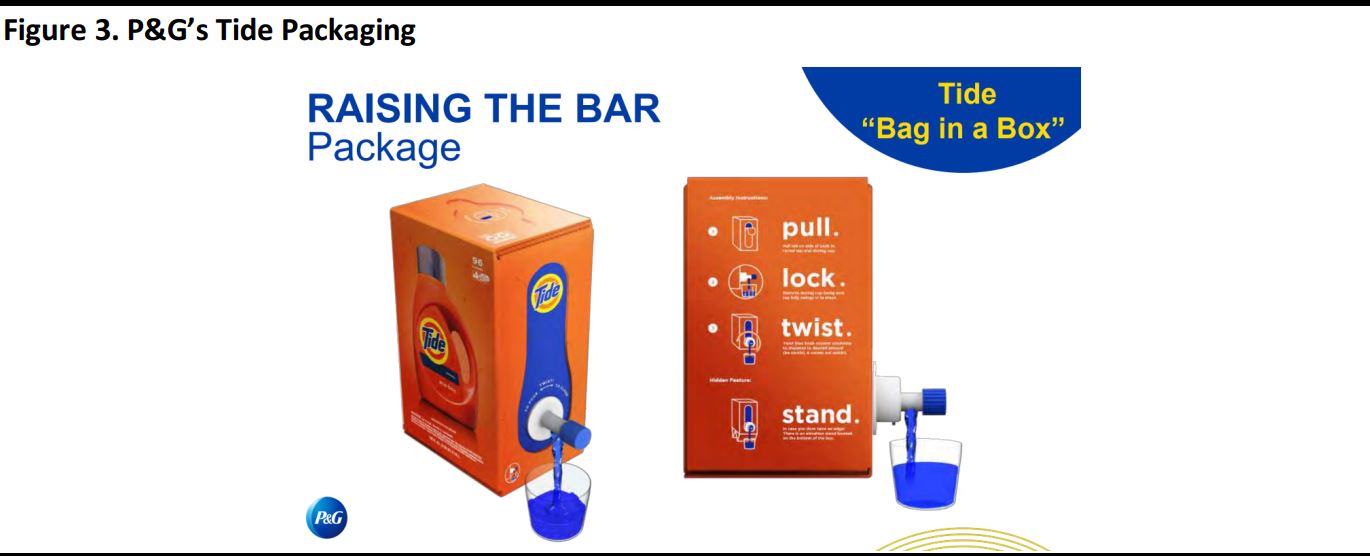 Source: P&G Investor Day2018 presentation
Source: P&G Investor Day2018 presentation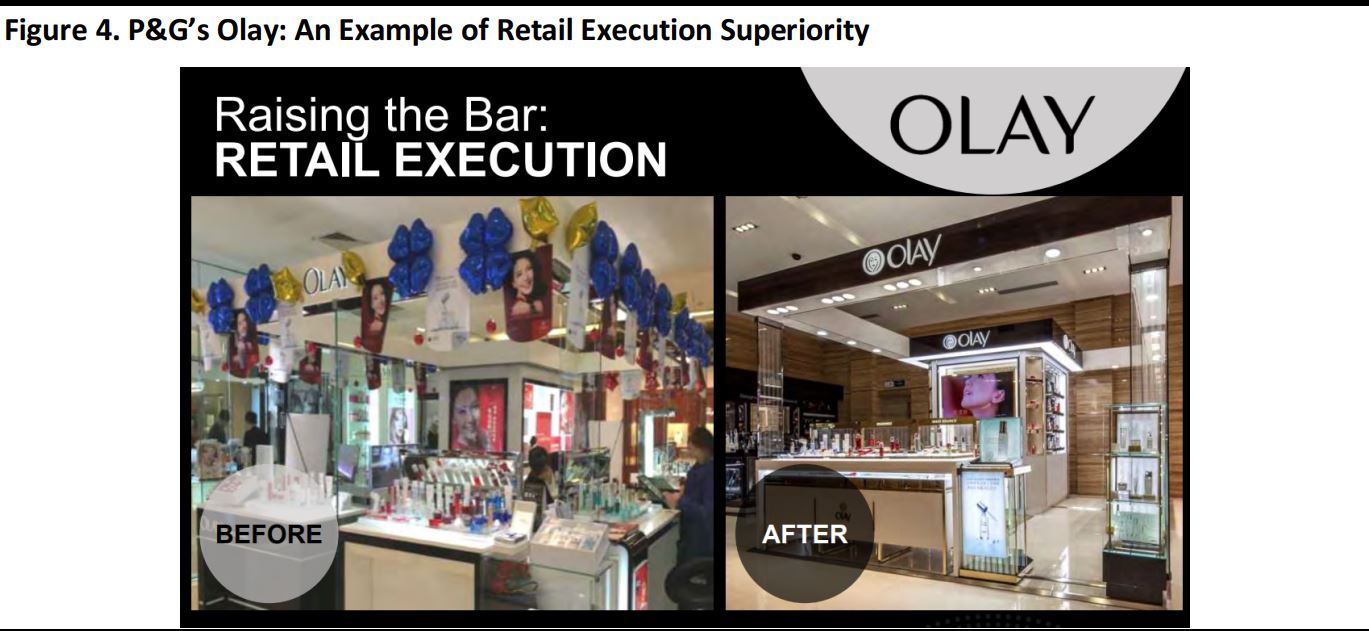 Source: P&G Investor Day2018 presentation
Source: P&G Investor Day2018 presentation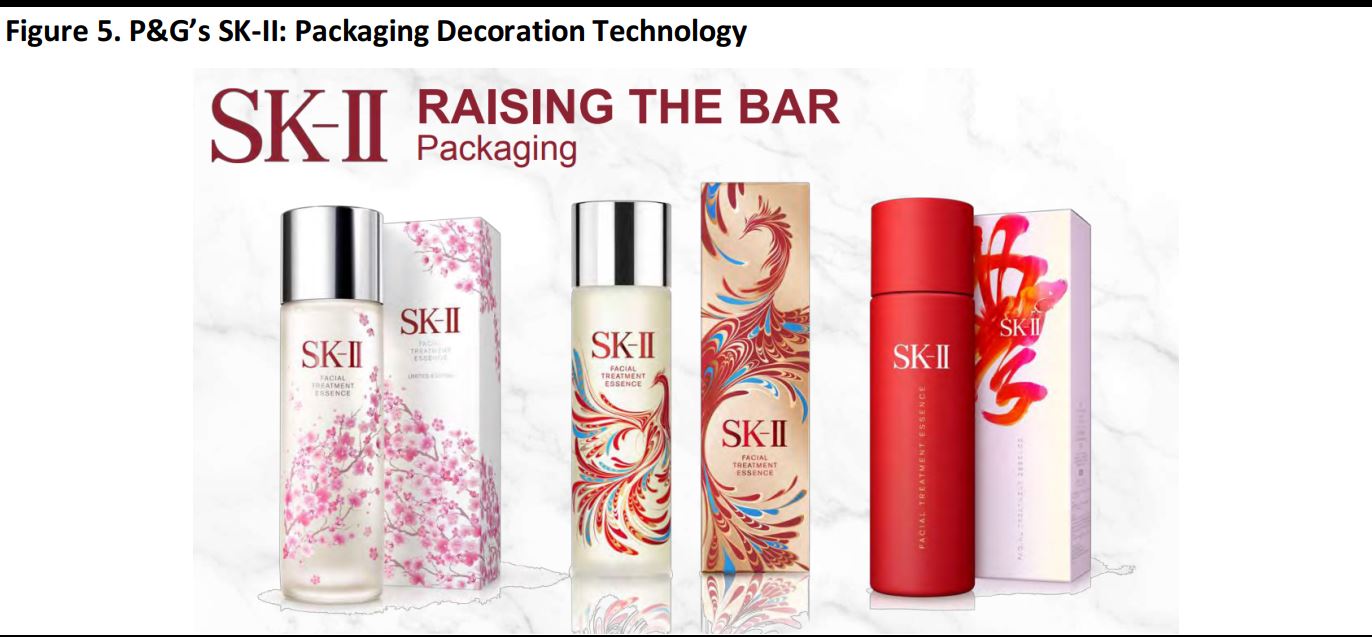 Source: P&G Investor Day 2018 presentation
Source: P&G Investor Day 2018 presentation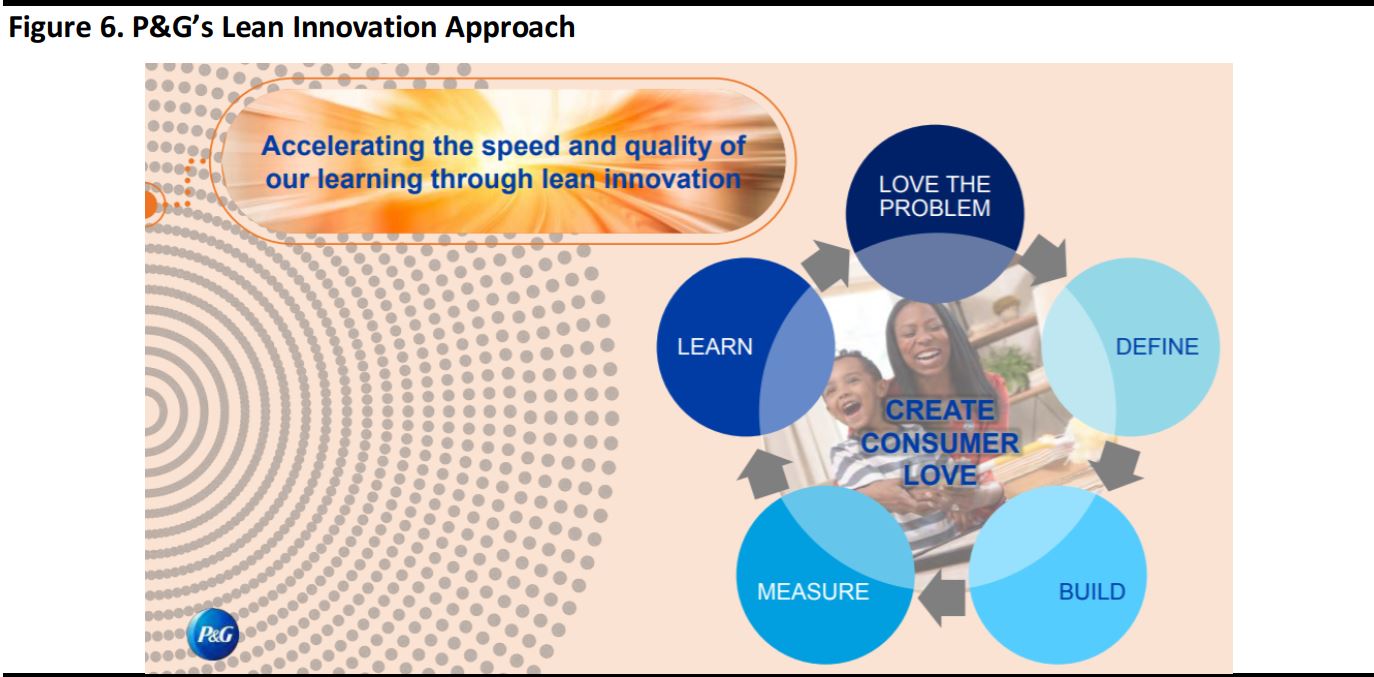 Source: P&G Investor Day 2018presentation
Source: P&G Investor Day 2018presentation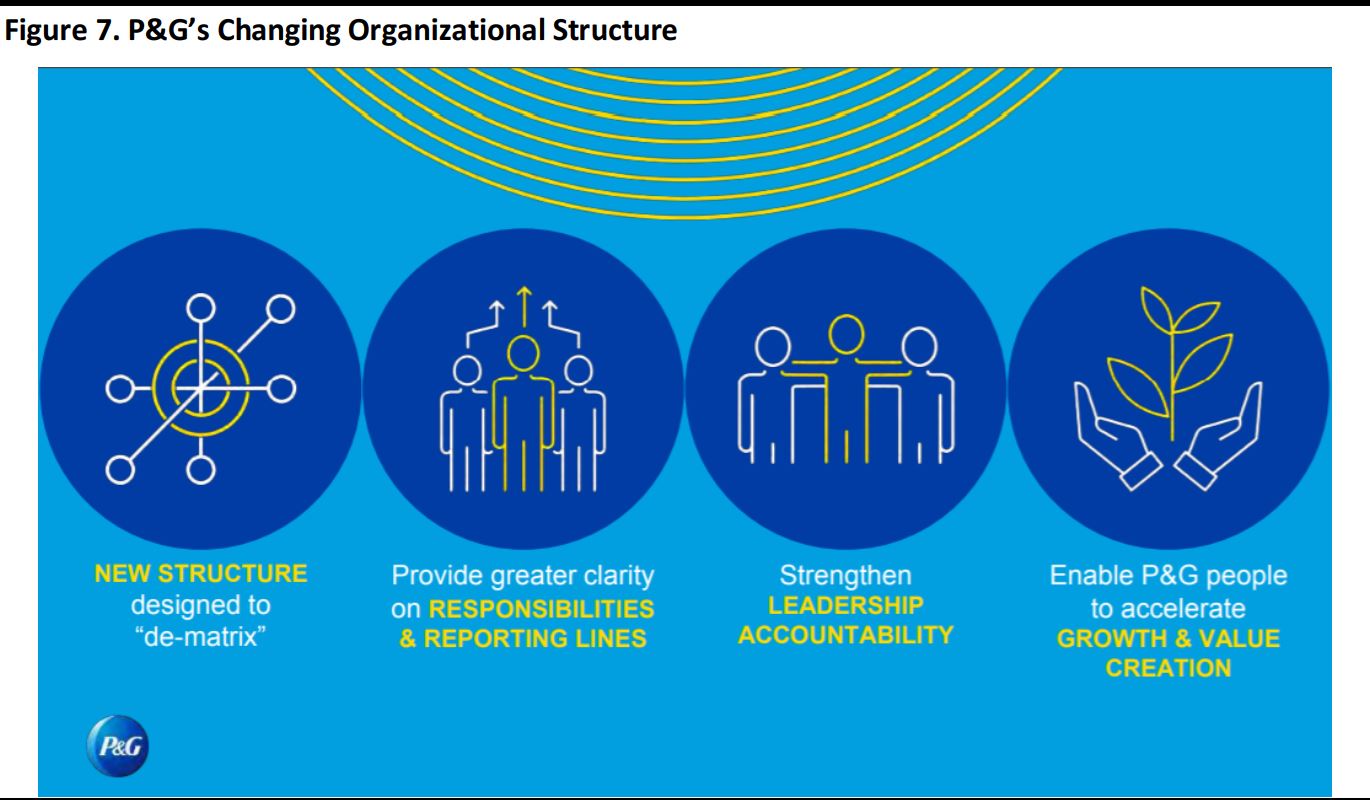 Source: P&G Investor Day 2018 presentation
Source: P&G Investor Day 2018 presentation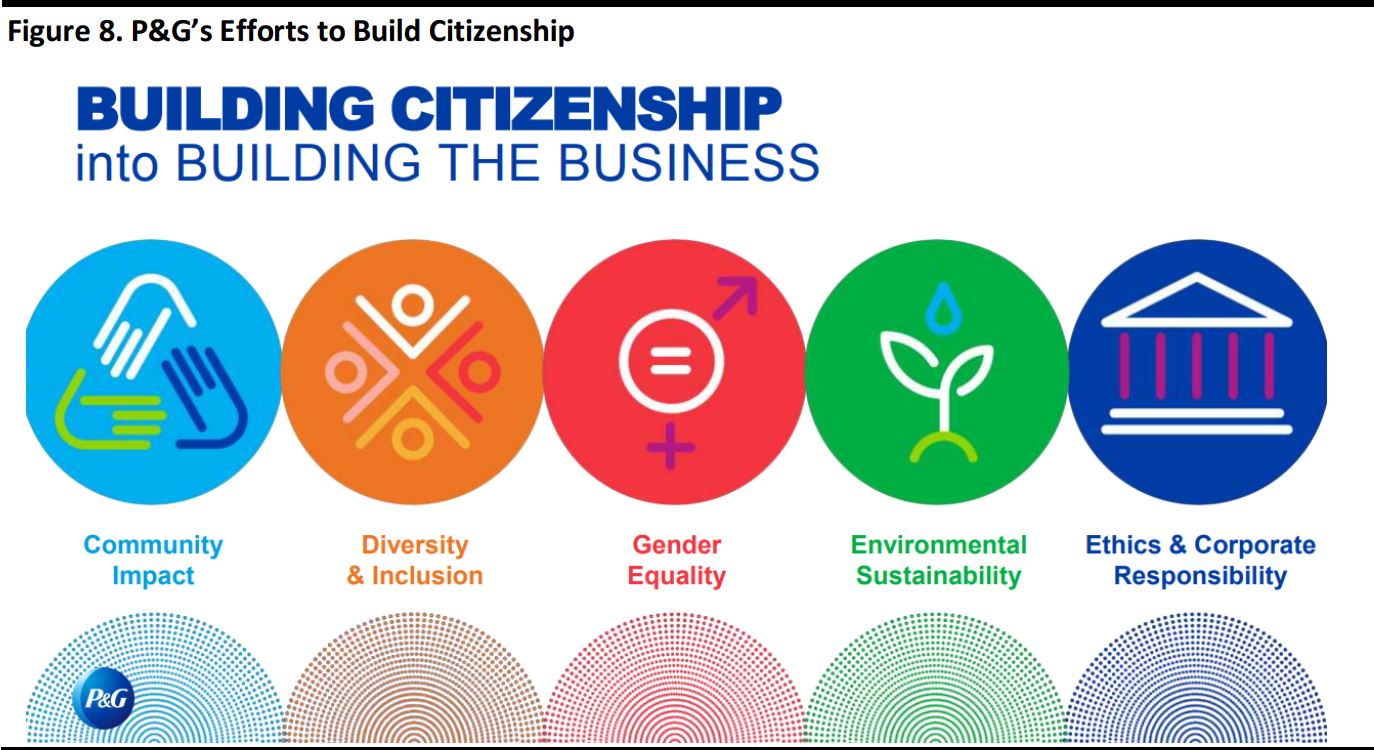 Source: P&G Investor Day 2018 presentation
Source: P&G Investor Day 2018 presentation